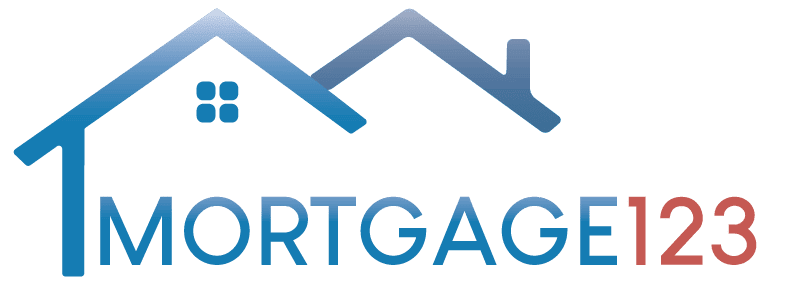Time and time again we hear that building more houses is the solution to the housing crisis. However, buying a site and building your own house do not have the reputation of an adventure for the fainthearted. Still, this can be achievable if you are familiar with the process and know your budget. In this blog post, we focus on the buying of a site to build your own house from a mortgage perspective.
We often get people asking:
- Can I get a mortgage to buy the site first?
- Can I use the site as a deposit?
- Can the mortgage cover 100% of the site cost?
Many self-builds can use an inherited or gifted site, which can be a significant saving. Yet not everyone is lucky enough to inherit a site. Hence, they will need to secure one to start their self-build.
Self-Build Mortgage for Buying a Site to Build Your Own House
If you are planning on getting a self-build mortgage to buy a site to build your own home, there are a few points to consider before you apply for a mortgage.
Lenders will not release funds to purchase a site with no planning permission in your own name!
Lenders will not fund the cost of obtaining planning permission. Neither will they lend for connecting to water, electricity, roads, etc. Some of these services are quite expensive, so do your research.
If you are planning to purchase a site well over an acre (example 6 acres), this may not be considered a house plot. Hence, the lender will only fund the purchase of a plot it deems adequate for building a house. So you may have to pay for the remaining 5 acres. Usually, 0.5 acre is acceptable for a country house and 0.2 to 0.5 for a city dwelling.
Note: Always purchase subject to securing of a planning permission if the site does not have one. If a planning permission fails to be acquired within a specified time, you can pull out of the deal. Furthermore, you should not incur the expense of a Planning Application until there is a formal Purchase Contract in place. This contract should reflect your agreement to buy subject to securing Planning Permission.
Note: There is a significant difference in the price of land depending on its zoning, planning permission and access to services.
What Sites are Suitable for a Self-build Mortgage?
We have compiled a simplified check list what to look out for when searching for a site. We recommend speaking to an engineer before you apply for a mortgage or put a deposit on a site.
- Planning permission: Before buying a site, you should check if there is planning permission for the land. Without planning permission, you may not be able to build on the site or may have to go through a lengthy process to obtain permission.
- Zoning: Check the zoning of the site to ensure that it is suitable for the type of development you have in mind. Different areas have different zoning regulations. It is important to understand what is permitted on the site before making a purchase. These zoning designations are typically set out in the local development plan for each area. You may want to consult with the local planning authority or review the local development plan for that area. A useful resource is the site of the Property Registration Authority https://www.landdirect.ie/
What Else to Look Out for When Buying a Site to Build Your Own House?
- Access: Ensure that the site has adequate access to roads, public transport, and other amenities such as shops and schools. Check if the site has access to essential services such as water, electricity, and sewerage. If not, you may have to pay for the installation of these services, which can be costly.
- Soil quality: Check the soil quality on the site, as this can affect the cost of building and the type of foundation required for your structure.
- Flood risk: Check if the site is in a flood-prone area. If so, you may have to take extra measures to protect your building, such as building on stilts or raising the ground level.
- Environmental concerns: Check if the site is in an environmentally sensitive area or if there are any protected species on the site. You may have to obtain special permits or take additional measures to protect the environment.
- Legal issues: Consult with a solicitor to ensure that there are no disputes over ownership or rights of way. You should conduct a title search to ensure that the person selling the property owns it.
Where to Find the Land Title Deeds?
To find title deeds of land in Ireland, you would typically start by contacting the Property Registration Authority (PRA) of Ireland. The PRA is the government agency responsible for maintaining records of land ownership and land registration in Ireland. They can provide you with a copy of the title deed or other relevant land documents for a fee.
You can contact the PRA by visiting their website at https://www.prai.ie/
If you’re unable to find the title deeds through the PRA, you may also want to consider hiring a solicitor. They can help you navigate the process and ensure that you obtain the correct documents.
By considering these factors before purchasing a site, you can ensure that you are making an informed decision. Also, it will minimize the risks associated with building in Ireland.
Once you have secured a site with planning permission and have agreed on a price with the seller, you can complete the purchase. This will involve signing a contract and transferring funds.
It is important to note that the process of buying land in Ireland can be complex. We recommend that you seek professional advice throughout the process to ensure that your interests are protected.
